2025 Canadian Alt Protein Symposium Speakers

Bruce Friedrich is the founder and president of The Good Food Institute (GFI), an international nonprofit organization dedicated to transforming the global food system by promoting plant-based and cultivated meat alternatives. Under his leadership, GFI works to make alternative proteins accessible, affordable, and delicious, addressing the environmental and ethical challenges associated with conventional animal agriculture. Bruce's efforts have positioned GFI as a leading voice in the alternative protein sector, collaborating with scientists, policymakers, and entrepreneurs worldwide to advance sustainable food solutions.

Yadira Tejeda-Saldana is the Research Collaborations Director at New Harvest and a co-founder of Cellular Agriculture Canada. With over a decade of experience in the food industry, academia, and non-profit sectors, Yadira has been a driving force in advancing the alternative protein field. Her work focuses on fostering research and collaboration to build a transparent, safe, and equitable ecosystem for cellular agriculture. Trained as a food scientist in Mexico, the Netherlands, and Canada, Yadira is passionate about the intersection of science, policy, and communication.

Dr. Nathan Vo is an Assistant Professor at Wilfrid Laurier University with expertise in cell biology and tissue culture technologies. His research supports sustainable protein innovation, including contributions to the University of Waterloo’s cultivated seafood project. Dr. Vo’s work explores the biology of cell cultures for alternative proteins and how these technologies can be scaled for commercial production, helping to meet the growing demand for sustainable food options.

Dr. Cameron Semper is an assistant professor at the University of Calgary with a background in protein biochemistry, structural biology and fungal genetics. His research within alternative proteins focuses on reducing production costs for cultivated seafood by optimizing growth media for fish cell culture. Dr. Semper’s work contributes to the sustainability of alternative proteins by addressing key bottlenecks in scalability and affordability, helping pave the way for accessible and environmentally friendly food sources.

Dr. Rakesh Sahu is a leading researcher at McMaster University in Hamilton, Ontario, Canada, where he serves as the Director of Operations at the Centre of Excellence in Protective Equipment & Materials. His work bridges the fields of nanomaterials, tissue engineering, and alternative proteins. Dr. Sahu contributes to sustainability in alternative protein development by advancing materials and processes, such as using functionalized nanoparticles and nano-textured surfaces for scaffolding and bioprocess optimization, which support innovations in cultivated meat and other sustainable food solutions.

Dr. Christian Euler is an Assistant Professor in the Department of Chemical Engineering at the University of Waterloo. His research focuses on metabolic engineering and microbial platforms to produce sustainable materials. Dr. Euler’s work directly supports alternative protein development by engineering microbial pathways to produce essential inputs for bioprocessing, including growth factors and nutrients, while valorizing waste materials like CO2 and plastics, promoting circular economy principles in food production.

Dr. Ning Xiang is an Assistant Professor in the Faculty of Agricultural, Life, and Environmental Sciences at the University of Alberta. Her research focuses on cellular agriculture and alternative protein production, particularly through the development of 3D scaffolds and edible films for cultivated meat. By optimizing bioreactor designs, Dr. Xiang addresses the challenges of scalability and efficiency, advancing the sustainability and accessibility of alternative proteins for global food systems.

Dr. Lenore Newman is the Director of the Food and Agriculture Institute at the University of the Fraser Valley (UFV) and holds a research chair in Food and Agriculture Innovation. Her work spans agricultural land use policy, emerging agricultural technologies. Dr. Newman has served as a Canada Research Chair, advised on national food security initiatives, and mentored at Creative Destruction Lab. Her award-winning books, including Lost Feast and Dinner on Mars, explore the future of food, and her work has been featured in leading media outlets. A co-editor of Cellular Agriculture: Technology, Society, Sustainability, and Science, she collaborates on innovative agrifood projects, advancing the intersection of technology and sustainability.

Jonas Elliott Gerson is the Head of Engineering and Co-Founder of SaudiVax and co-founder of PnuVax Incorporated, where he has spearheaded biomanufacturing innovations to improve global vaccine access. With expertise in bioprocess engineering and large-scale facility design, Jonas has developed pioneering vaccine production systems and investigational treatments for diseases such as MERS and SARS-CoV-2. Now leveraging his cell culture expertise in cellular agriculture, he explores sustainable technologies to address global food challenges. Jonas holds advanced degrees in Chemical Engineering from Queen’s University and is committed to democratizing access to food and medicine through innovative biotechnologies.

Geoff Burt is the CEO of the Consecon Foundation, where he leads initiatives focused on addressing climate change, biodiversity protection, and the promotion of alternative proteins. With a background in international relations and an MBA from the Schulich School of Business, Geoff has also served as the Executive Director of the Centre for Security Governance and co-founded a consulting firm advising governments and international organizations. In the alternative protein space, he serves on the board of New Harvest Canada, advises Cellular Agriculture Canada, and champions innovations that align with environmental sustainability and food security. His work bridges philanthropy, strategy, and cutting-edge solutions to tackle global challenges.

Dr. Elaine Corbett is the Director of Strategic Partnerships at Ontario Genomics, where she leads efforts to develop and leverage collaborations that advance genomics and engineering biology solutions for sustainable innovation. With over 15 years of leadership experience spanning industry, academia, and the non-profit sector, Dr. Corbett has cultivated a diverse background in driving impactful partnerships. Since joining Ontario Genomics in 2014, she has focused on fostering solutions in biotechnology, food systems, and alternative proteins, contributing to a more sustainable and science-driven future.

Dr. Kevin De France is an Assistant Professor in the Department of Chemical Engineering at Queen's University, specializing in the development of sustainable bio-based materials. His research focuses on utilizing natural building blocks, such as cellulose nanocrystals and protein nanofibers, to create advanced materials like hydrogels, emulsions, and films. This work contributes to enhancing the texture, stability, and functionality of alternative protein products while supporting sustainability in food packaging.
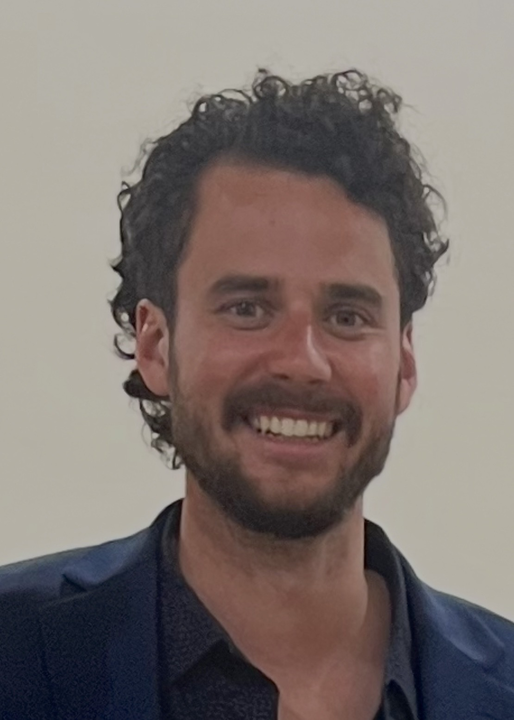
From working on four organic farms to consulting on corporate food waste and teaching food system courses at Harvard University and Northern Arizona University, Eric holds a wide range of experiences across the food system. Currently, as the Community Engagement Manager with Plant Futures, he supports a network of over 85 university chapters dedicated to equipping and mobilizing the next generation of climate and food systems leaders through curriculum, career development, and social entrepreneurship.
He holds a Master's in Sustainable Communities from Northern Arizona University, and a Permaculture Design Certificate from Hava Ve Adam Ecological Farm.

Dr. Laura Riley is Director of Sector Innovation and Programs at Ontario Genomics. In this role, she leads and manages a diverse portfolio of projects, develops and executes funding competitions, and secures project co-funding from strategic external partners. Dr. Riley plays a pivotal role in advancing initiatives and impact across multiple sectors, including cellular agriculture. She serves as the main point of contact for several projects and key stakeholders, including Canada’s largest publicly funded cellular agriculture project.

Lasse Bruun is the UN Foundation’s Director for Climate and Food. He is an advocacy expert on food systems, energy transition, sustainable agriculture and social justice, with twenty years experience in leadership, development, campaigning and movement building. Prior to joining the UN Foundation, Lasse built 50by40, a global NGO bringing together 70 organizations across 45 countries.

Rebecca Palmer is the Chief Marketing Officer at Terra Bioindustries, a Toronto-based startup focused on upcycling agrifood byproducts into sustainable B2B ingredients. She joined Terra in early 2021 and transitioned from a background in plant biotechnology to marketing. Rebecca plays a key role in shaping Terra's brand and communicating its mission to decarbonize supply chains through innovative upcycling solutions. Her work highlights the intersection of sustainability, innovation, and effective storytelling in the food industry.
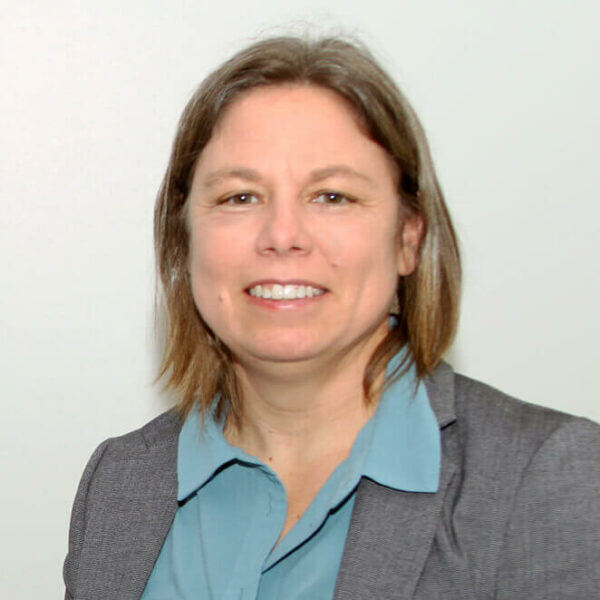
Dr. Chantel Michel is the Co-founder and CEO of Alterna Technologies. She holds a doctorate in physiology from Université Laval and has over a decade of research experience. Chantel is dedicated to advancing responsible and sustainable science, focusing on innovative practices and technologies to address social and environmental challenges. At Alterna, she oversees administrative aspects, strategic directions, and business development.
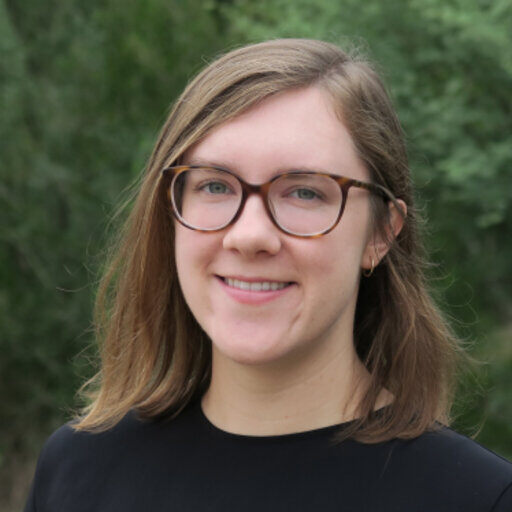
Emily Farrar is a climate tech entrepreneur and a PhD student in the Department of Civil & Mineral Engineering at the University of Toronto. She co-founded a biotech startup called Genuine Taste, which focuses on producing lab-grown beef fat to enhance the flavor of alternative meats. This innovation aims to reduce greenhouse gas emissions and the environmental impact of the meat industry. Emily's work bridges her passion for sustainability, food innovation, and climate change mitigation.
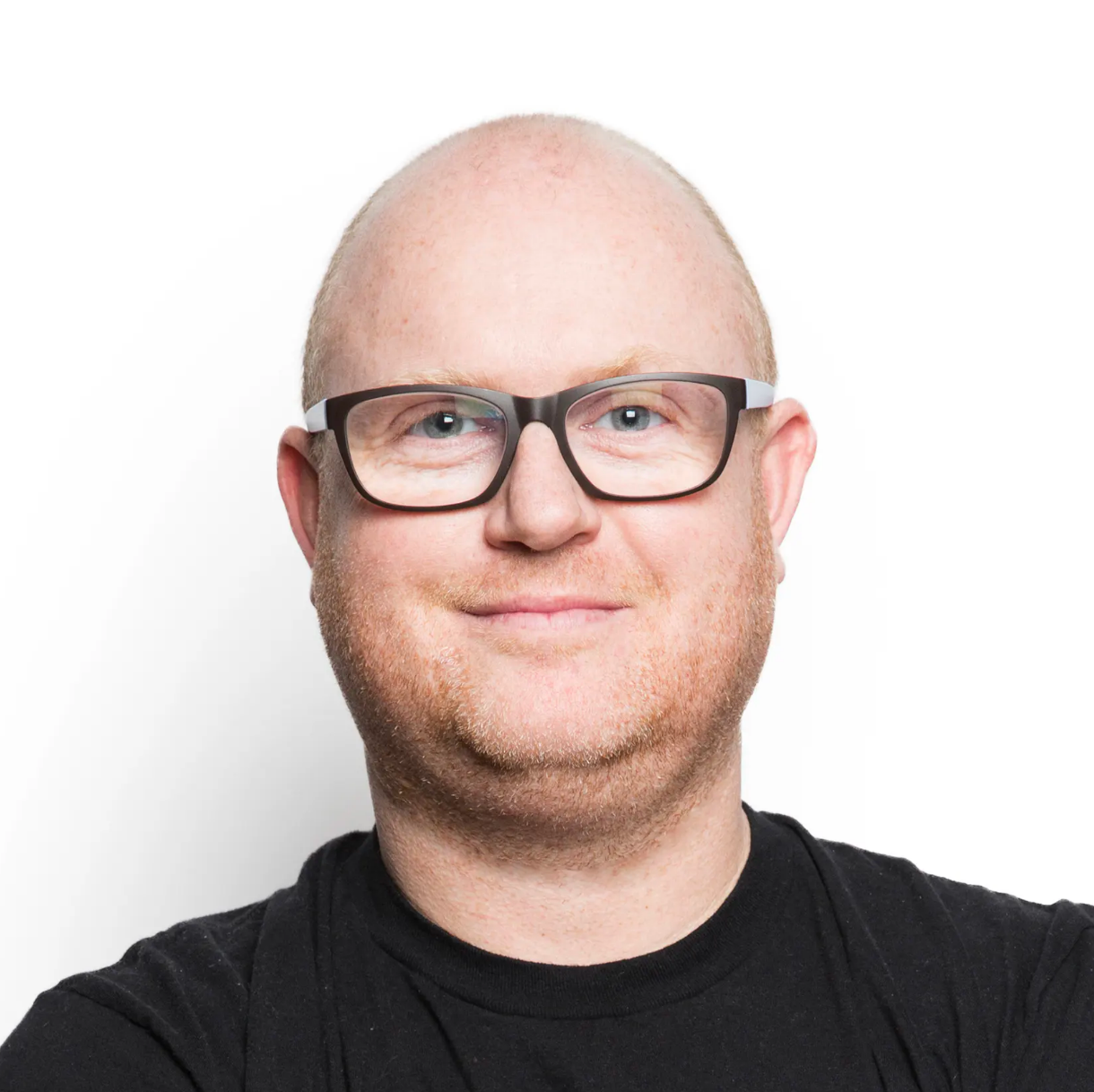
James McInnes is the Co-founder and CEO of Odd Burger, a pioneering vegan fast-food chain based in Canada. He founded the company in 2014, initially as a grassroots organization delivering organic produce, and later transitioned into plant-based meal kits and fast food. Odd Burger has grown to include manufacturing facilities and franchised locations across Canada, producing plant-based proteins and sauces under the Preposterous Foods brand. James is committed to disrupting the fast-food industry with sustainable, minimally processed, and locally sourced vegan options.

Emily De Beus is the founder of Sausage Party, a beloved vegan food brand based in Toronto. Originally from Australia, she started Sausage Party as a pop-up offering vegan comfort food like hot dogs and burgers, which later expanded to include deli meats and charcuterie. During the pandemic, she transitioned the business into a permanent storefront called Aunty Em's Deli & Coffee, offering a variety of plant-based products and fostering a community-focused atmosphere.
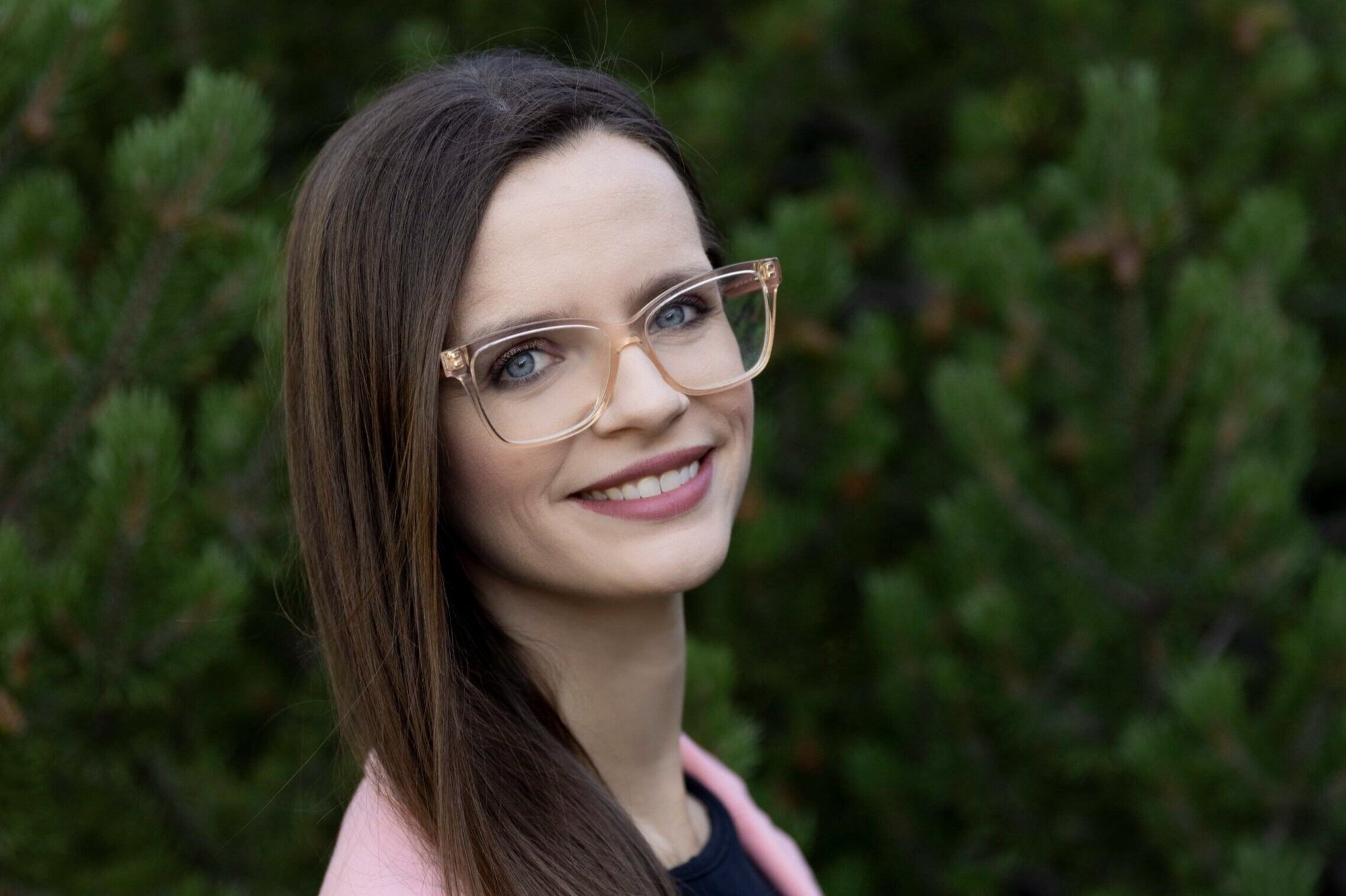
Miranda Stahn is a Program Manager for Western Canada at New Harvest, where she leads initiatives to enhance food biomanufacturing and value-added agriculture. She has a strong background in molecular biology and chemical engineering and is passionate about science communication and knowledge translation. Her work bridges innovation, outreach, and the arts to create impactful solutions.
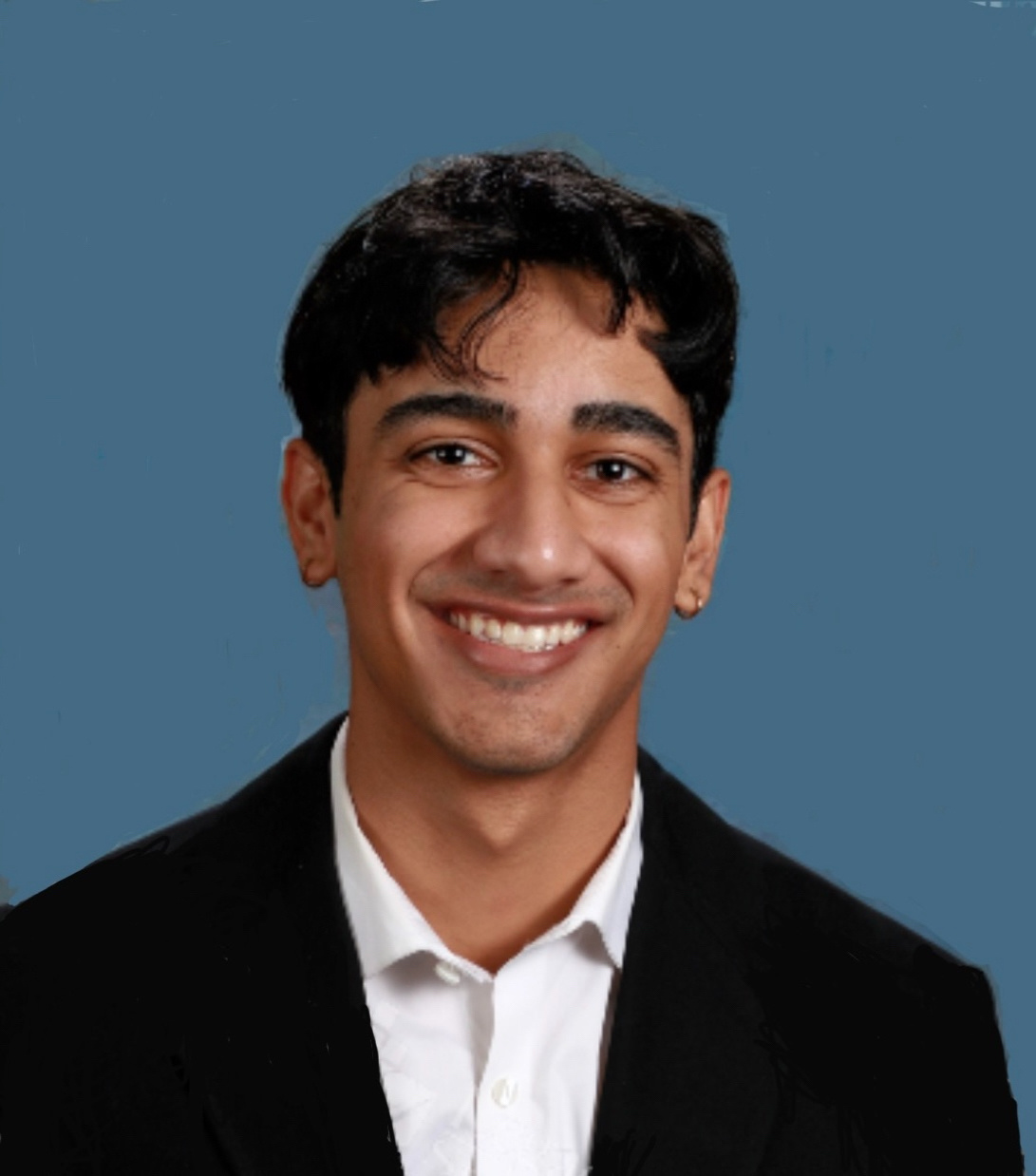
Navin Durbhakula is the co-founder and CEO of Food 4 Thought innovations, an organization integrating alternative protein strategies across major institutions by developing career programs, reforming food procurement strategies, expanding investment portfolios and generating insights on alt protein market trends. Currently a Bachelors Candidate in Sustainable Food Systems at Harvard University, he works at the intersection of alt proteins, sustainability and public health paving the way for the next gen food system
.png?width=300&height=179&name=Frame%2011%20(1).png)